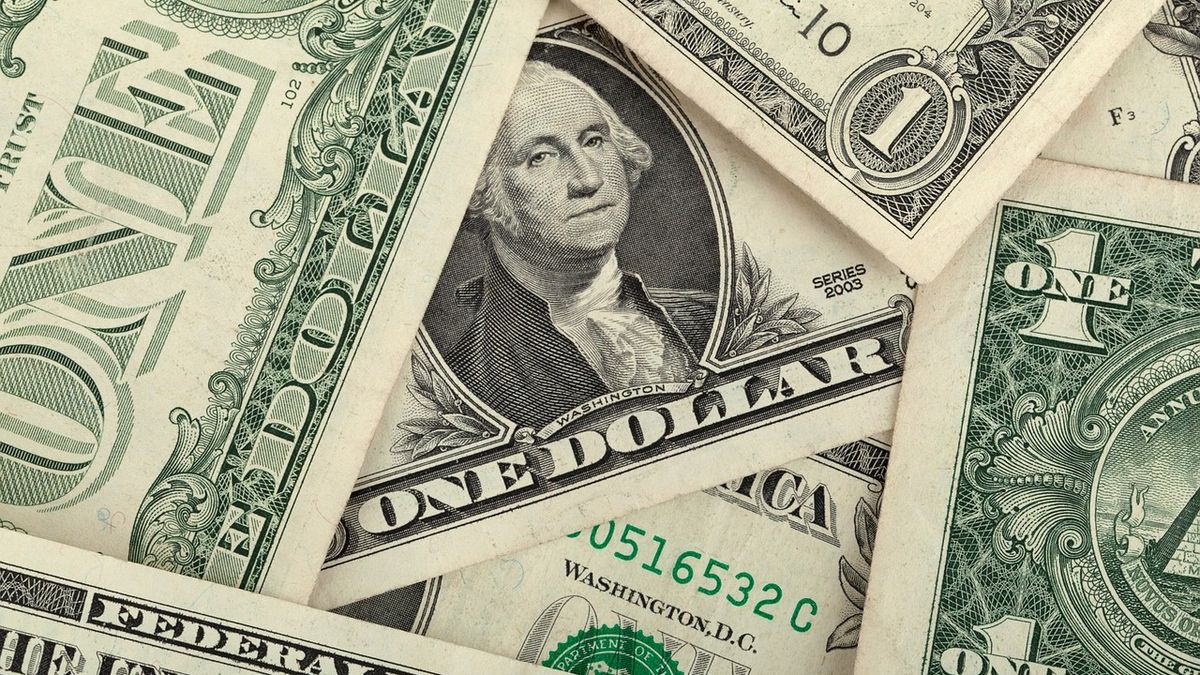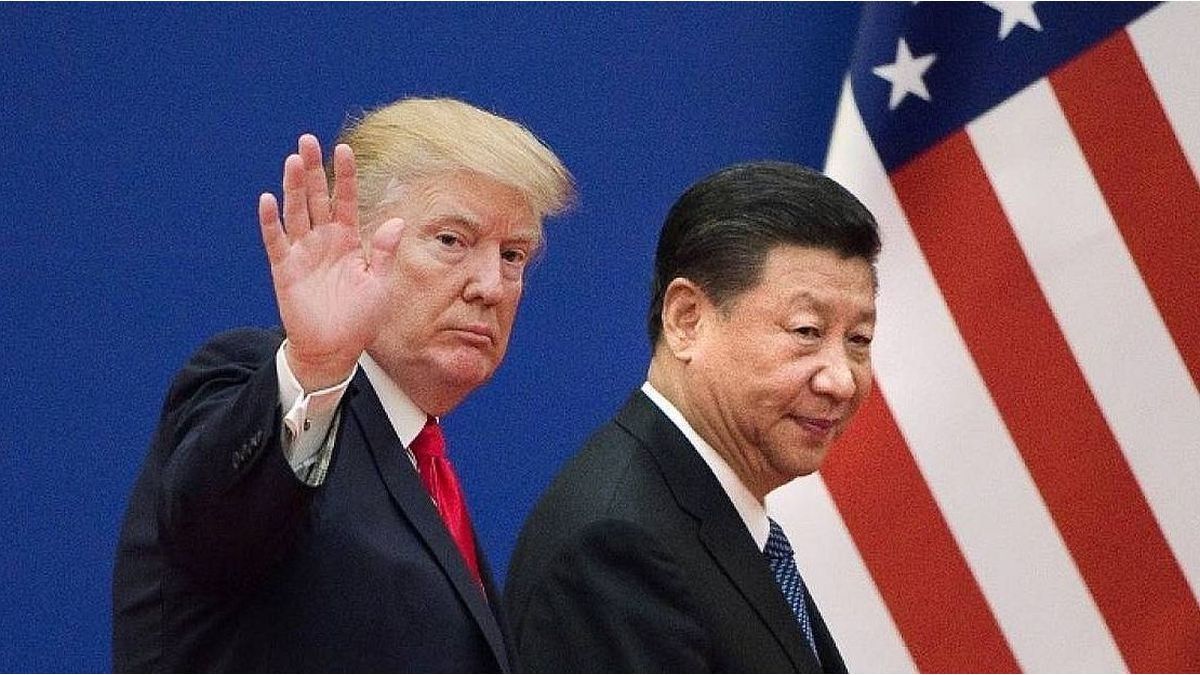The dollar should appreciate between 15 and 30 percent to trade at levels that oscillate between 44 and 50 pesos, According to the estimates of the Rural Association of Uruguay (ARU), from where they question the exchange delay, with a ticket that is in its lowest point since February 2020.
The request comes at a time when the US currency is going through a bearish process, with nine consecutive wheels in reverse and with the novelty that occurred this Tuesday, when it pierced the barrier of the 38 pesos after more than three years and closed in 37,931 pesos, according to the price of Central Bank of Uruguay (BCU).
Rocío Lapitz, economist from the area of agroeconomic studies of the ARU, He argued his position of a dollar between 44 and 50 pesos in two reasons. When questioning the current value, close to 38 pesos, the specialist postulated the real change of balance of the Central Bank of Uruguay (BCU), which places the dollar 15% above its current value, according to Blasina y Asociados.
Thus, it was based on the official estimate of the so-called “exchange rate delay” that the sector talks about. Lapitz also used a historical average that takes into account the last 40 years and assured that there is an imbalance that reaches 30%.
The ARU asks the government for a rate reduction
For the ARU economist, “The solution does not involve the intervention of the Central Bank in the exchange market”, since it was a recurring criticism of previous administrations. Therefore, they ask that the rate reduction be “a little more marked, to give some signal to the market”.
On the other hand, when analyzing the causes of the “exchange delay”, pointed out that are not exports as it happened last year, since that item is in decline. “Today perhaps one of the factors is the monetary rate in pesos, the transfer of investors who go to pesos for having a more attractive rate”, considered Lapitz.
From the Rural Federation they assure that “competitiveness deteriorates”
previously, since the rural federation They had pointed out that the exchange rate represents “a determining factor that deteriorates competitiveness” in the sector. Was the outgoing president of that entity, Martín Uria, who also demanded that the national administration eliminate the 1% tax on livestock, as promised.
From the federation they asked the government to carry out reforms to allow a “more competitive economy”. In this tone, they assured that “the existing exchange rate delay is a determining factor that deteriorates the competitiveness” of the sector and, although they valued “the measures adopted” against the drought, they requested “adjust bureaucratic times to the needs of production”.
Source: Ambito




